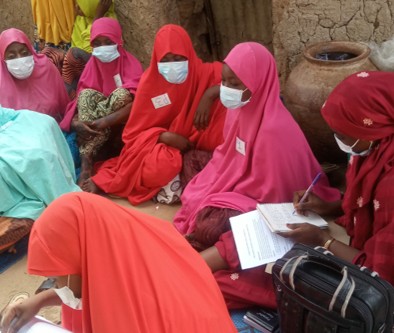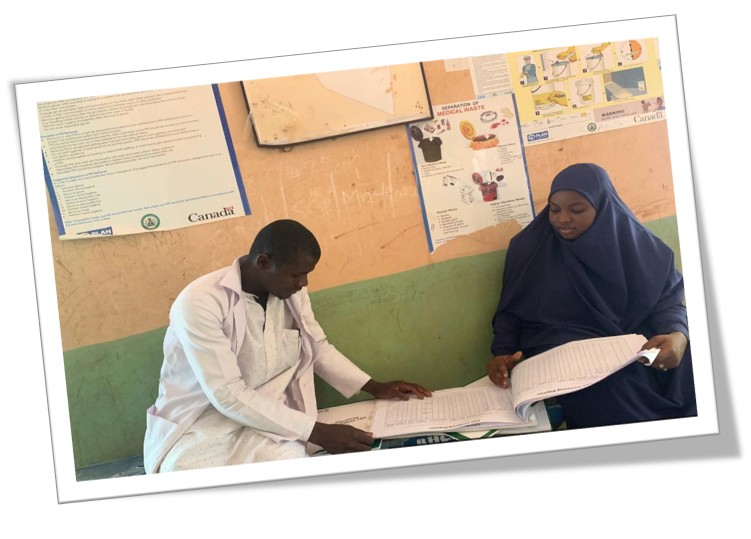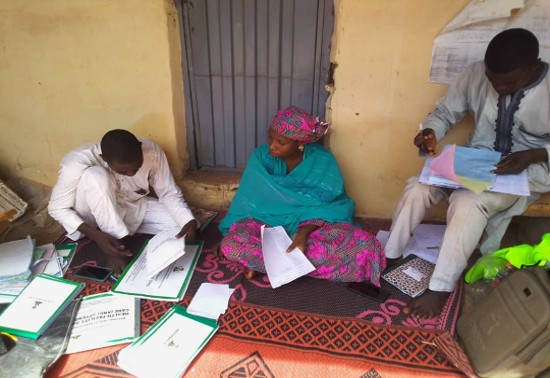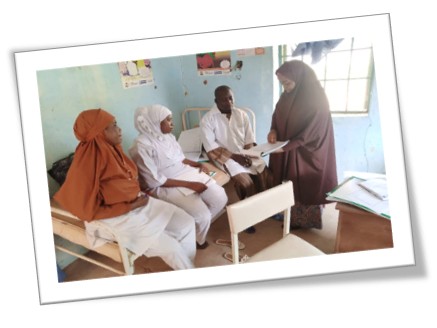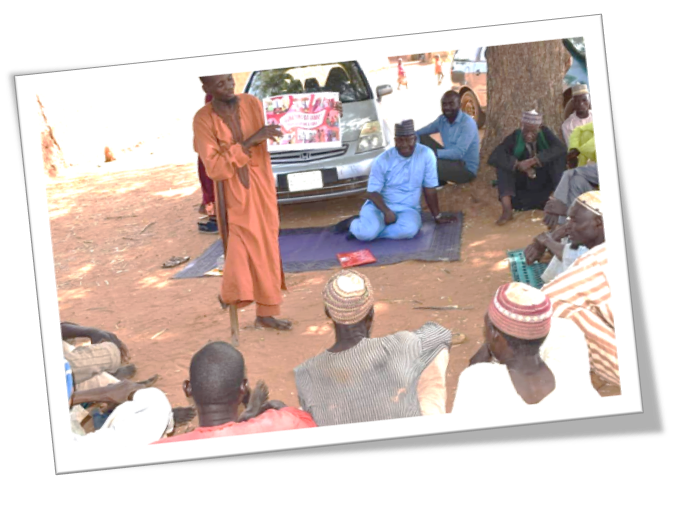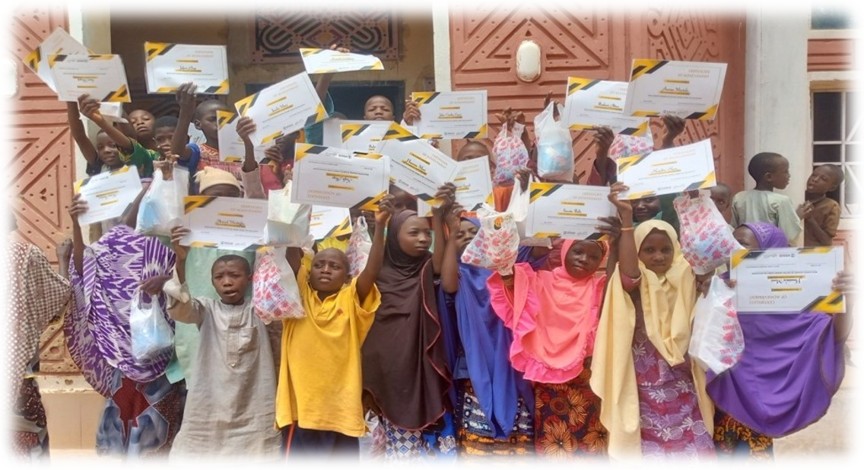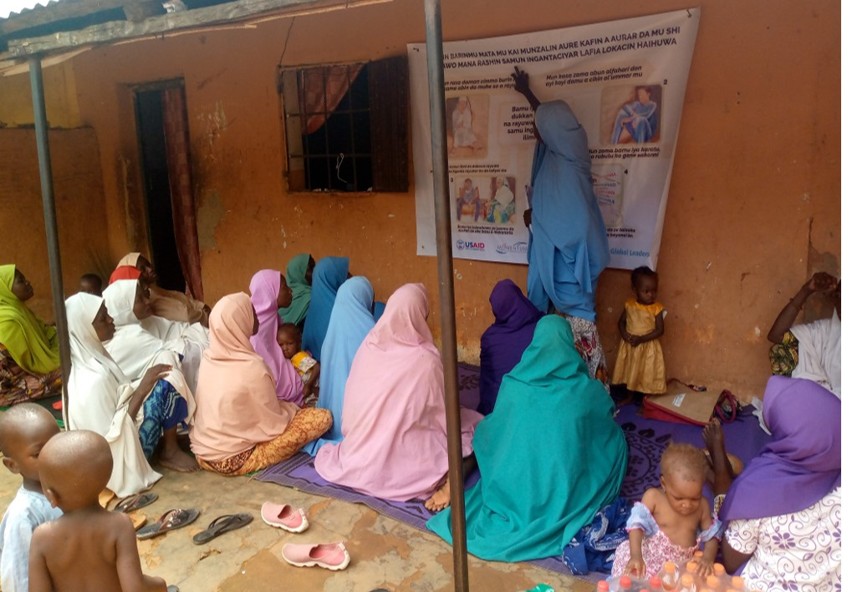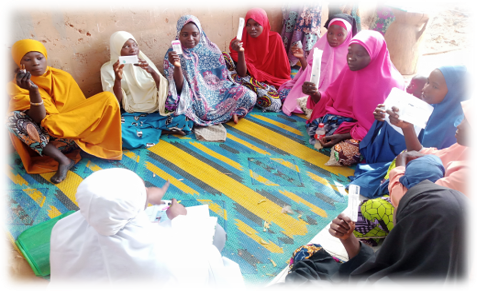Momentum Country and Global Leadership in Nigeria
Problem Statement
Our Approach On MCGL
The MCGL project adopts a comprehensive, community-led approach to prevent gender-based violence (GBV) and reduce its impact on women and girls in Nigeria. By strengthening access to quality services, reinforcing health and support systems, and promoting positive social change, the project works to create safer, more equitable communities.
In close collaboration with government ministries, civil society organizations, traditional leaders, and local communities, MCGL addresses the root causes of GBV, challenges harmful gender norms, and supports survivors through coordinated care and protection services.
Enhancing survivor-centered care at health facilities through trained providers, safe spaces, and referral systems.
Promoting healthy, respectful relationships and shifting social norms through education and community engagement.
Tackling the social and economic drivers of early marriage with targeted advocacy, girl-focused education, and family support interventions.
Increasing access to reproductive health services to reduce unintended pregnancies and delay early marriage.
Our Key Activities
Key Achievements of the Project
🏥 Improved GBV Service Delivery
Before MCGL, most health facilities did not treat GBV cases unless brought by police. Today, over 3,124 survivors have received care from trained health workers across supported PHCs and hospitals.
📄 Strengthened GBV Documentation
MCGL introduced tools and SOPs in 41 facilities across 4 LGAs, enabling consistent documentation of GBV cases and proper referral to needed services.
🤝 Boosted Community Accountability
Inactive structures were revived through training and feedback systems. Now, community, facility, and LGA actors coordinate responses. A local taskforce even raises funds to support survivors.
👧 Ending Child Marriage
Early marriage is no longer seen as “normal.” Open dialogues now highlight its harmful effects. Many girls have returned to school with strong parental backing.
🗣️ Empowered Adolescent Girls
Girls now speak up for their rights. Several have convinced parents to delay marriage and support their education.
👨👦 Promoted Gender Equality
Boys and fathers are now more involved in household chores. These shifts in gender norms are building pride and stronger family bonds.
Data From The Field
Media
